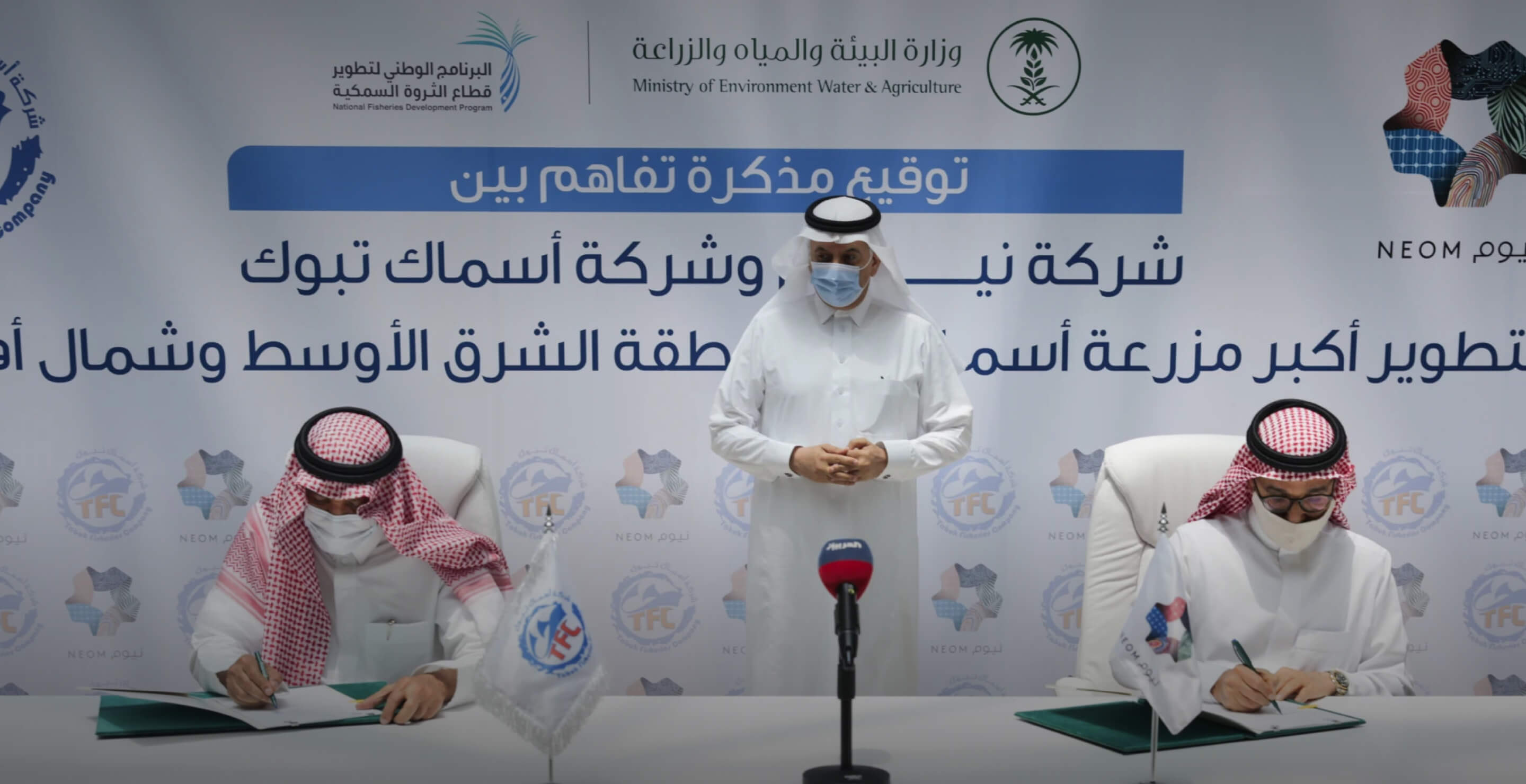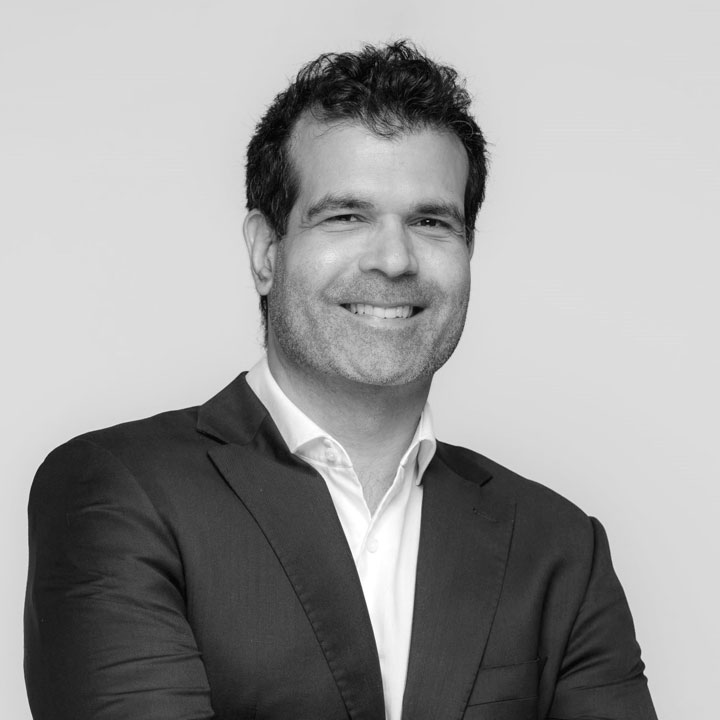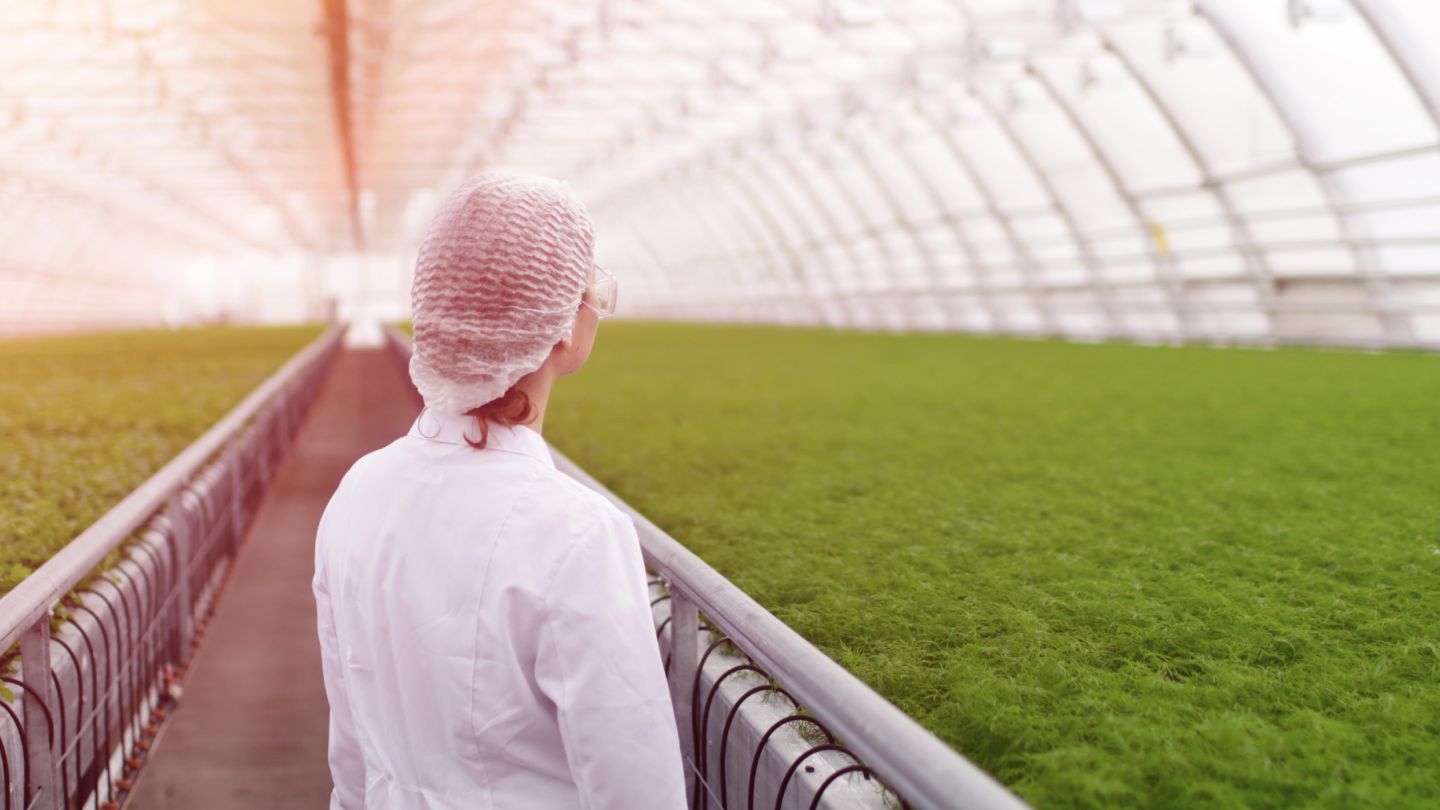New climate-resilient breadbaskets are crucial to sustain the human population and save the planet
If we don’t change our diets, improve productivity and reduce waste, we'll need a new land mass the size of Russia to feed the global population come 2050 – writes NEOM's Head of Food
The next 30 years will determine the fate of our planet. Whether we succeed or fail will depend – in large part – on how we produce, process and consume food. The future of food is the future of mankind. The global population is projected to reach 9.7 billion by 2050 and feeding this growing population will require a significant shift.
The natural resources crunch
Indeed, as the global population grows, so does the demand for food. According to the United Nations Food and Agriculture Organization, demand for food will grow significantly faster than people – as incomes rise and the desire for animal protein depletes our resources. As a consequence, if we don’t change our diets, improve productivity and reduce food waste, we'll need an extra 17 million square kilometers of land to produce enough food for the population in 2050. In other words, a land mass the size of Russia.
In NEOM, the technologists, scientists and innovators working in food systems give a sense of urgency every day to finding solutions to the threats the future presents. These challenges are also affecting us today; they are enormous and are only set to worsen in the decades ahead. Not only due to population growth, but also climate change whereby the food system is one of the biggest contributors to the latter.
A broken system
The overall food system contributes more to climate change through carbon emissions than fossil fuels. In addition, farming practices are depleting our soils and freshwater resources. Excessive use of fertilizers is creating dead zones in our oceans, rivers and lakes. Meanwhile, 90% of our fisheries are at risk and overfishing is resulting in a loss of marine biodiversity.
At the same time the world's breadbaskets are failing, and arable land is shrinking worldwide, just as the population that depends on that land continues to soar. Therefore, we must rely on something other than those breadbaskets and traditional supply chains. They are being disrupted by pandemics and global conflicts. And, more importantly, by natural disasters caused by climate change. For example, four staple crops – wheat, corn, rice and soybeans – make up almost half of the calories of an average diet, with rice and wheat contributing 19% and 18% respectively. The United States, China, Russia, and Ukraine supply 60 to 70% of global agricultural commodities. In 2010, much of Russia's wheat harvest was destroyed by a series of droughts caused by the most significant temperature peaks in 130 years. In response, Russia imposed a temporary export ban on grains for nearly a year – to secure its domestic supply. And in May 2022, India banned wheat exports due to heatwaves.
To hedge against the negative impacts of multiple failing breadbaskets, we need to create more in other regions and decentralize food production in a way that’s less prone to extreme weather, while reducing carbon emissions.
Technology as a solution
Food is the thread connecting the people of the world. It lies at the intersection of the forces that are reshaping our planet. For 10,000 years, farmers were asked to do one thing – produce more food. Now we find ourselves in a unique moment in history when farmers not only need to produce more food, but to do so through more resilient production systems and sustainably. We must use less land and water, particularly in the Middle East. Despite the many challenges, we're optimistic about developing game-changing solutions to improve the quantity and quality of food, while protecting the planet. Thereby ensuring safe, nutritious and sustainable food for all via a climate-resilient food industry that could address the world's present and future resource deficits.
We're fortunate that NEOM's is a fast-growing international community of innovators, entrepreneurs, and scientists developing, testing, and commercializing new ideas to tackle some of the world's biggest issues. It is a living laboratory and testbed, where we have the freedom to try out new approaches to living and working, including all aspects of the food chain – from production to consumption.
New technologies are urgently needed to feed humanity today – and in the decades to come. In NEOM we are developing and testing those that can improve food quantity and quality while reducing food production's environmental impact. One example is controlled-environment production systems, which can significantly reduce the water required to grow crops. Growing a kilo of tomatoes in an open field requires 60 liters of water. In a hydroponic greenhouse, 15 liters are needed. And in a truly controlled-environment production system like the ones we're designing at NEOM, only four liters are needed. We’re also beginning to use state-of-art biotechnology to promote responsible and sustainable aquafarming and – through gene editing – developing varieties adapted to drought.

NEOM as a global model
However, we must also consider the role of consumer behavior in food production. As incomes rise, the demand for animal protein increases, and with it, the depletion of our resources. It is crucial that we provide more of the plant-based options that are preferred by consumers and ultimately lead to diet changes, not to mention reducing food waste to ensuring a sustainable supply.
These solutions are needed in many places. At NEOM, in the northwest of Saudi Arabia, we face the challenge of a hot and dry climate. The same challenge many countries are currently facing and more and more will face as time goes on, due to climate change. Other challenges that we are tackling such as the depletion of soil and freshwater resources, the loss of marine biodiversity and the disruption of traditional supply chains are global. With the food system being responsible for a significant portion of carbon emissions, we must create a decentralized industry that can adapt to specific weather conditions, reduce carbon emissions and withstand climate change.
At NEOM, we see our work as a once-in-a-lifetime opportunity to build a food system from the ground up. More importantly, a chance to provide a template for what a better world could be – with new systems and the co-designing of novel solutions that will benefit the people of Saudi Arabia. And that can be transferred and scaled-up to benefit people across the planet. We want NEOM to provide a global model for transitioning from an extractive to a regenerative production system. In turn, our food products will resonate with the new consumers concerned not only about their health and that of the earth, but those also seeking delicious culinary experiences. We must act quickly and at scale. There is no time to waste.
Dr Juan Carlos Motamayor leads the Food Sector at NEOM – and has worked around the world for companies including Coca-Cola and Mars, as well as working as a government adviser

